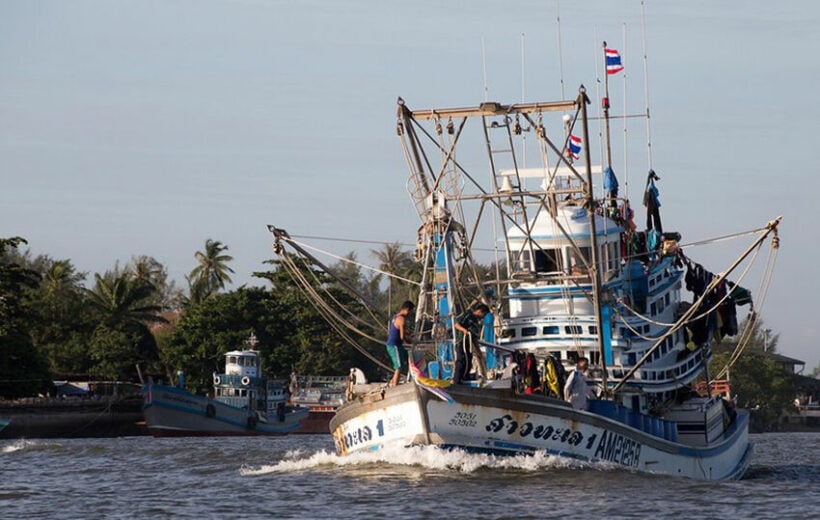Environmentalists criticise Netflix fishing doco for inaccuracies and misinformation

As Thailand accuses a Netflix documentary of using outdated and inaccurate information about the country’s fishing industry, a number of global environmental experts are echoing similar criticisms. According to a report in Coconuts, Seaspiracy has been slammed for being full of inaccuracies and twisting the science behind the damage to the world’s oceans, minimising the role of climate change and plastic pollution.
Brian Kahn, a journalist with an MA in Climate and Society, has written a piece called, Don’t Watch Netflix’s Seaspiracy, in which he also accuses the documentary of resorting to racial stereotypes.
“The bad guys are Asians, specifically Japanese whale and dolphin hunters and Chinese consumers of shark fin soup. The good guys – in this case, the experts he cites – are mostly white.”
According to the Coconuts report, the Marine Stewardship Council in London agrees the documentary contains “several inaccuracies” and the Plastic Pollution Coalition says the makers have “cherry-picked” quotes that will fit with their narrative. Marine biology magazine, Hakai, has also weighed in on the matter.
“Though the film misleads viewers with oversimplified science, its real harm is that it ignores the history, culture, and systemic inequities that are entwined with ocean conservation.”
Seaspiracy had its global release last month and has become one of the top 10 most-watched offerings on the Netflix streaming service. Opinion is divided, with many praising British filmmaker Ali Tabrizi for highlighting the issues with the global fishing industry, while others have slammed it for being biased and scientifically inaccurate.
The Royal Thai Navy has also criticised its portrayal of the country’s fishing industry, claiming it’s based on outdated information. In 2015, reporter Thapanee Eadsrichai exposed the significant role human trafficking and slavery played in the industry. This led to a crackdown of sorts, although slavery is still suspected of playing a role, on a smaller scale. The EU then threatened to ban all Thai seafood when the Kingdom’s illegal fishing practices came to light, but backed down when Thailand took steps to rectify the situation.
SOURCE: Coconuts
Latest Thailand News
Follow The Thaiger on Google News:


























